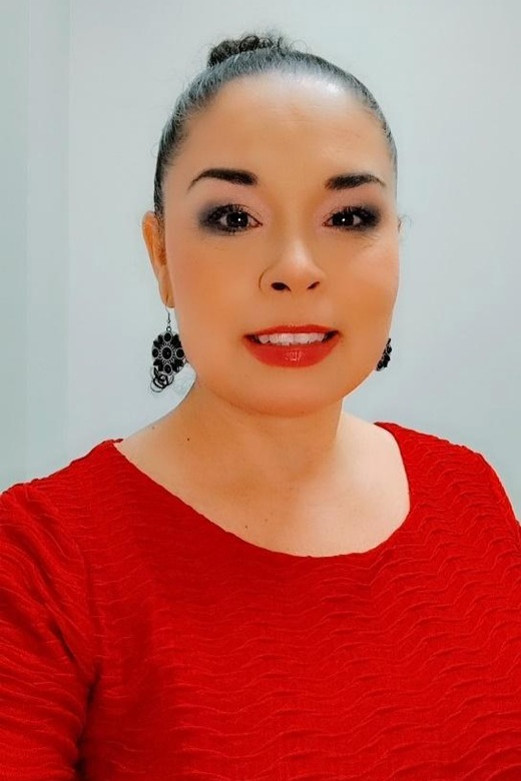
At UTRGV School of Medicine Counseling Services, we understand that Medical school can be an exciting period yet stressful, and it is normal to feel overwhelmed at times. The Office of Student Health and Wellness provides a variety of Counseling Services.

Resources include: American Association of Medical Colleges, Community Resources, Elements of Wellness, Medical Student Support Groups, Online Meditation, Sleep, & Therapy Resources, University Recreation, UTRGV Student Health, & Additional UTRGV Resources for Medical Students.

The RealMD Representatives, working closely with the Office of Student Health and Wellness, coordinate the Health and Wellness Fair during the fall semester.

University Recreation (UREC) meets the needs of our UTRGV community by providing quality programs, services, and facilities which encourage the lifelong pursuit of active, healthy lifestyles.

The RealMD Wellness Representative advises the RealMD Student Board on student wellness, suggesting wellbeing activities and presentations for the medical students. These initiatives aim to cultivate a nurturing and healthy atmosphere, covering various topics like mental health, physical fitness, nutrition, stress management, and social connections.

Academic Houses were established to enhance the activities, opportunities and relationships students encounter beyond the formal curriculum. Each medical student is assigned to one of four houses along with interested faculty & staff. Students assume leadership roles within the academic houses.
The Office of Student Health and Wellness
The Office of Student Health and Wellness at UTRGV School of Medicine emphasizes the interconnection of mind, body, and spirit. It is tailored to offer students enriching experiences such as acquiring healthy coping techniques and personal wellness skills to enhance their medical education journey and personal development. Our goal is to foster a supportive learning environment that promotes academic and personal growth by emphasizing self-care, resilience, and the importance of seeking help when necessary.
Services Offered
- Counseling Services
- Timely Care
- Student Wellness Events
- Physical Wellness Activities
- Social Activities
- Culinary Medicine Class
- Health and Wellness Fair
- Student Academic Houses Activities
- Meditation Room Open 24/7!
- Edinburg ETBLC Room 1.115
- RealMD Wellness Padlet
- Wellness Wednesday letter
- UTRGV School of Medicine RealMD | Podcast on Spotify





